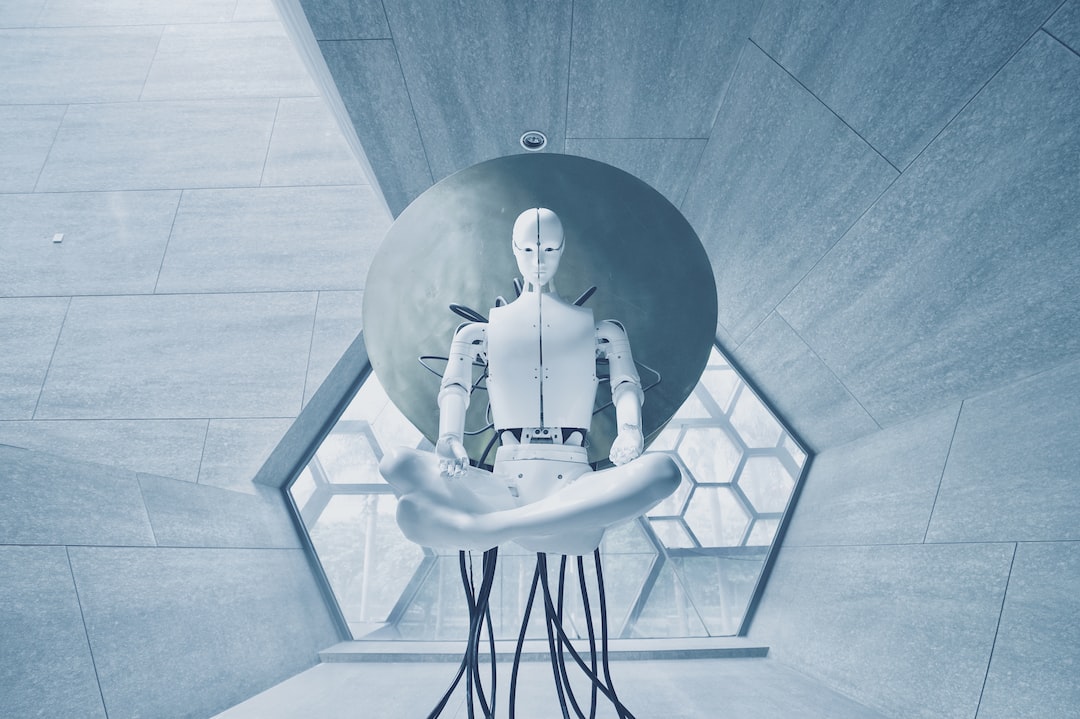Artificial Intelligence in Customer Service: Chatbots and Virtual Assistants
In recent years, artificial intelligence (AI) has made significant advancements in various industries, including customer service. With the rise of chatbots and virtual assistants, customer interactions have become more efficient and personalized than ever before. These AI-powered tools have the potential to revolutionize customer service by providing quick responses, handling repetitive tasks and offering personalized recommendations.
Chatbots, also known as virtual agents or conversational agents, are computer programs that can communicate with customers through chat or voice interfaces. They are designed to understand customer queries and provide accurate and efficient responses in real-time. Chatbots have become increasingly popular in customer service, as they can handle a wide range of tasks, such as answering frequently asked questions, processing orders, scheduling appointments, and even troubleshooting technical issues.
One of the biggest advantages of using chatbots in customer service is their ability to provide instant responses. Unlike human agents, chatbots can work 24/7 and handle multiple customer inquiries simultaneously, ensuring that customers never have to wait for a response. This not only enhances customer satisfaction but also reduces the workload for customer service teams, allowing them to focus on more complex and high-value tasks.
Another key benefit of chatbots is their ability to learn and improve over time. Through machine learning and natural language processing algorithms, chatbots can analyze customer interactions, identify patterns, and continuously refine their responses. This enables chatbots to provide more accurate and personalized recommendations, ensuring that customers receive the information they need in a timely manner. As chatbots gather more data from customer interactions, their knowledge base expands, further enhancing their effectiveness.
Virtual assistants, on the other hand, are more advanced AI-powered tools that can perform a wide range of tasks beyond customer service. Virtual assistants like Amazon’s Alexa, Apple’s Siri, or Google Assistant are designed to understand natural language commands and assist users with various activities such as setting reminders, playing music, providing weather updates, and even controlling smart home devices. Although virtual assistants are not solely focused on customer service, they can still provide support and answer customer queries effectively.
One of the primary advantages of virtual assistants is their ability to integrate with various platforms and systems. This allows users to access information from different sources and perform tasks seamlessly. For example, a virtual assistant can check the status of an order, provide relevant product recommendations, and even facilitate the purchase process. This level of integration enhances the overall customer experience and streamlines the customer journey.
Despite the many benefits of AI-powered customer service tools, there are still some challenges to consider. One issue is ensuring that chatbots and virtual assistants can handle complex and nuanced customer inquiries. While AI has made significant advancements in natural language processing, there are still limitations in understanding context and emotions. Human intervention may still be required in certain situations to resolve complex issues or empathize with frustrated customers.
In conclusion, the integration of artificial intelligence in customer service has transformed the way businesses interact with their customers. Chatbots and virtual assistants offer quick responses, personalized recommendations, and can handle repetitive tasks, allowing human agents to focus on more complex inquiries. While there are still challenges to overcome, AI-powered customer service tools have the potential to greatly enhance the customer experience and improve overall customer satisfaction.

